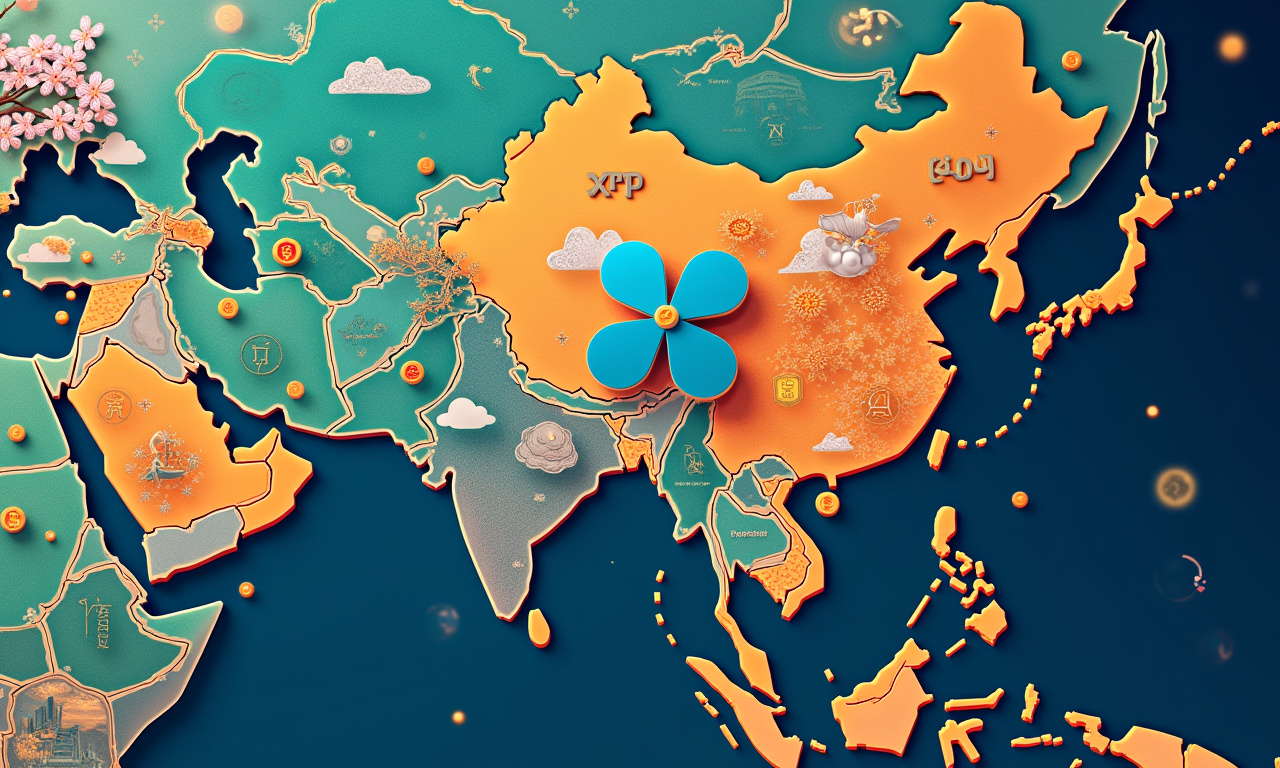
Cardano's Privacy Stablecoin Aims to Empower Southeast Asian Remittance?

Josefa dela Cruz
Imagine this: A Filipino domestic worker, let's call her Aling Maria, diligently saves every month from her meager salary in Singapore. She wants to be able to send money back home to her family in the Philippines. Her dreams involve paying for her kids’ college, settling her parents’ medical debt, and maybe even opening a food stall. As she moves money through traditional remittance services every month, she experiences exorbitant fees and long processing times. Additionally, she can’t ignore the gnawing concern that her banking and payment data could be exposed. Anger builds up. It’s downright mean that she should have to pay so much just to do her job and support her family!
This is not only Aling Maria’s story, but the story of millions of Filipinos and other Southeast Asian migrant workers. We're talking about a massive flow of money – billions of dollars every year – that's essential to the economies of these countries. Imagine a future where Aling Maria is able to send remittances home in real-time. Now, she benefits from low fees and the confidence that her transaction is private. Could a Cardano-powered privacy stablecoin be the solution?
Privacy Matters For Remittance Market?
Charles Hoskinson’s proposal for a privacy-enabled stablecoin on Cardano has generated much excitement and discussion about his vision, and for good reason. You see stablecoins like USDT and USDC, while convenient, broadcast every transaction publicly on the blockchain. That's a problem! That’s akin to shouting your business bank account number from the rooftops. Who wants that?
For Aling Maria, privacy isn’t a luxury — it’s the only option. Think about it: If her relatives know exactly how much she's sending, it could create unwanted pressure and expectations. Now picture the strained discussions, the grudges left unaddressed, and the risk for deepening family rifts. A privacy stablecoin gives her control. It allows her to provide for her family without giving up control over her own finances.
This is where Hoskinson's "selective disclosure and season freeze regime" comes in. It’s a pretty nifty approach to get privacy while still helping the regulators’ needs. While users can protect their private transactions, regulators can obtain the information with a court order. Picture it as a safe that you have a secret code to – only the people who need access are able to open the safe.
Cardano: An Unlikely Champion Of Privacy?
Cardano might seem like an unlikely champion of privacy, especially given the regulatory scrutiny surrounding privacy coins like Monero and Zcash. The EU is planning to outlaw exchanges that deal in privacy tokens. This decision indicates that regulators are taking an aggressive approach to addressing these concerns. The US has yet to see the passage of comprehensive stablecoin regulation (like the GENIUS Act), largely over financial stability worries.
Yet that’s exactly why Cardano’s approach is so interesting. It's not about creating a completely anonymous system. It's about finding a middle ground – a way to offer privacy without running afoul of regulators. Hoskinson's optimism is infectious. He imagines Cardano as the first blockchain to introduce a privacy stablecoin. To do this, he intends to build on its privacy-preserving sidechain, Midnight.
Think of it this way: Current stablecoins are like glass houses – everyone can see what's going on inside. Cardano’s privacy stablecoin is a house with curtains. You can live your life in public, with the ability to do some things privately. It’s not about enabling human trafficking, it’s about empowering everyday people.
Southeast Asia: The Perfect Use Case?
One of the most promising proof of concepts for any privacy stablecoin can be seen in Southeast Asia, and specifically the Philippines. The reliance on remittances is immense. Yet more than the economic role, there’s a profound human story behind it. It is the tale of sacrifice, hope and the enduring dream of every American — to leave their children a better life than their own.
- Fees eat into hard-earned savings.
- Slow transfers cause delays and anxiety.
- Lack of privacy creates vulnerabilities.
A Cardano-based privacy stablecoin would solve all of these problems. Lower fees, faster transfers, and greater control over financial data – these are tangible benefits that could significantly improve the lives of Filipino workers abroad.
Challenges remain. Potential hurdles to adoption include regulatory uncertainty and lack of crypto awareness in the Philippines. Overcoming these hurdles will require education, collaboration with local communities, and a clear demonstration of the benefits of this technology.
The success of Cardano’s privacy stablecoin will depend entirely on whether it can earn people’s trust. It has to show that it is worth it to users such as Aling Maria. We want to create an alternative financial system that’s more efficient and convenient. We value the privacy and dignity of each person. It’s about giving power to those who are most vulnerable. That's a vision worth fighting for.


